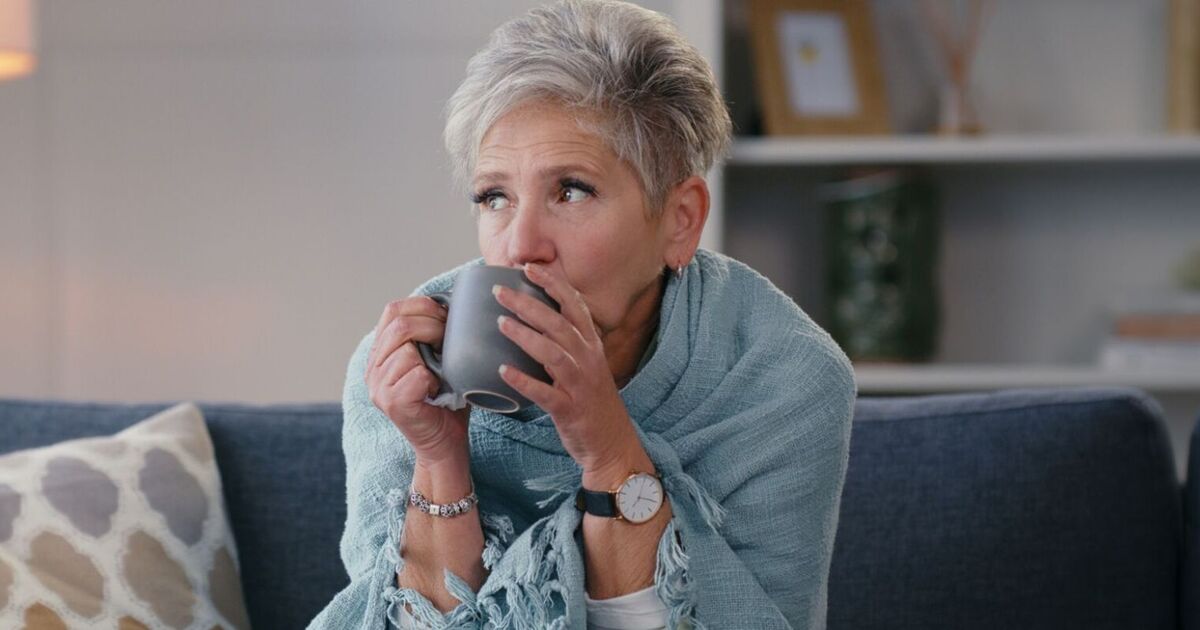
Several years ago, an older lady I knew very well had recently advanced into her eighties and had sold her house where she’d spent her retirement years to date. Coping with looking after herself had become ever more of a challenge, hence her decision to leave. Let’s give her name as Betty, shall we?
She didn’t live in a big house, but it was nice and comfortable. Well-insulated too, so she was thankfully warm in winter. She survived on her savings and pension, having paid exorbitant taxes over the years. However, her winter fuel payment and a small state pension in financial benefits from the government was all she had to show for it. She had full NHS coverage, of course, and most of her prescription medication was included too, but only whilst in the UK.
She never complained and just got on with it. This lovely old lady played by and stuck to the rules. She lived alone, paid her council taxes, paid her bills, and never begrudged anyone anything to which they were entitled. Generosity was never something she lacked either. She could be very difficult at times, even intolerant, stubborn too, though no more so perhaps than any of us if we chose to be. In other words, she was human!
When she eventually decided to call it a day on staying alone and moved out, she became something of a nomad for a short while. She stayed with various family members and friends before her eldest son, based at the time in south-east Asia, brought her to stay with him.
A vulnerable pensioner north of 80 living alone in modern Britain is fraught with danger. Verbal abuse, burglary, and assault, about which plod sadly seems able to do sweet bleep all, are facts of modern life for many senior citizens in Britain these days!
Betty settled in south-east Asia, but always pined for England. She missed her previous way of life, she missed her friends, and most of all she missed her youngest son who lived in continental Europe. A world away from Blighty, the culture, the food, and all manner of other things she was used to are very different. It’s six thousand miles from “home” too so that makes life a very daunting new prospect as well. Betty had to adapt and learn to live as best she could in her new surroundings.
People overwhelmingly took to her though, local and expat alike, they really loved her. The best thing of all of course was that she stayed with her son who took it upon himself to look after her wellbeing and care as a top priority. This was never more evident than when she eventually succumbed to the debilitating ravages of dementia in her final years. That was when she needed extra special care and attention which was fortunately possible to give her when the time came.
Strengthened by unbreakable bonds, Betty and her oldest faced many challenges in her final years, not least because of financial pressures that existed for her general care. As Betty advanced in age, so too did her health deterioration become progressively more of an issue. This is perfectly normal but nonetheless extremely challenging on its own, and the costs progressively escalate too.
The last few years of her life saw both get caught up in the pandemic. They were isolated, with available resources stretched to breaking point since all income and other revenue, except for small pensions, suddenly became blocked or severely delayed. It was so bad at one point they even admitted they didn’t want to stick around any longer in a world gone totally mad.
Anxious and agitated, a call was made to their church, and the vicars warden came to visit that afternoon. Many tears and prayers were shed and said, although not once was there any request made for financial help. This was entirely spiritually driven to find peace, to find some hidden strength to confront these frightening feelings of isolation and despair in facing a very uncertain future.
Staring into the abyss of complete blackness is an experience that nobody should ever have, and it was truly a miracle when someone then stepped in to assist two days later. Anonymous and discreet and to this day unknown, that person was there; I prefer to think God’s help came that day! Betty’s son witnessed it then, and it’s been forthcoming many times since.
Circumstances greatly improved from that time on too. Business had picked up and the income purse strings loosened as the pandemic fallout began to recede. So much so in fact that Betty got the best possible care when she really needed it. Her son went from strength to strength and continues to do so. Some might see higher hand power all over this, others won’t, but you can make up your own mind what you wish to believe!
Betty could have returned to the UK, which she would have liked, but she didn’t appreciate how much the country had changed since her departure. With the lockdown Betty would been isolated, scared and totally reliant on carers. Healthcare had become very mediocre since she had left the UK, especially for the elderly.
The quality of healthcare services where she was now living was superb, matching anything of the best anywhere else in the world. It wasn’t free but it was considerably cheaper than private alternatives elsewhere and certainly far superior and more cost effective to anything comparable on the NHS in the UK.
Betty’s son refused to consider allowing his mother to be exposed to the prospect of “care pathways” or “resuscitation” wishes “in the event that” etc…etc in England. That prospect filled him with horror and revulsion ……The UK had changed that dramatically since Betty left, and it wasn’t pensioner friendly any longer by comparison with where she resided now!
Dementia is a terrible thing. I’m not sure if it’s worse for those who are afflicted or for those taking care of them. It is a progressively degenerative condition and it’s incurable, all of which causes such levels of stress for those caring for their loved ones as to be almost unbearable.
Sometimes Betty didn’t sleep for three or four days, constantly ringing her emergency call button. She saw and heard things that didn’t exist, and she would talk to people who weren’t there. She talked of spending time with people that same day who had been dead for forty or more years.
It was a nightmare, and it was the saddest spectacle of all for her son, who she didn’t even recognize on some occasions. There were times though when she was lucid and the Betty of old came roaring back, but those became progressively more infrequent.
Ultimately, she needed round the clock care, and it became necessary to engage the assistance of professionals. It was bed baths, diapers, it was catheters, it was regular ambulance calls for hospital emergency room attention. It was urgent on the spot life or death decisions for many courses of treatment at the hospital. And, once again, it was expensive. No insurance is available for people in their nineties if all you have available is private healthcare.
Betty passed away two years ago. Subsequent events winding up Betty’s affairs also proved challenging and stressful too. But her son would never ever have had it any other way; the emotional burdens had to be carried; it was that simple. She was never going to be placed in some home to fade away in misery, callously discarded or set to one side, no matter what whilst she was alive.
Many of our pensioners aren’t nearly so lucky and now shoulder the added burden of the appalling cut in winter fuel allowance making their lives even worse. Shame on you, Sir Keir Starmer, Chancellor Rachel Reeves, and shame on your Cabinet of deplorables!
Betty was a British pensioner, and she was my mum. I loved her to bits whilst she was here, and that will never ever change now she’s gone.


















